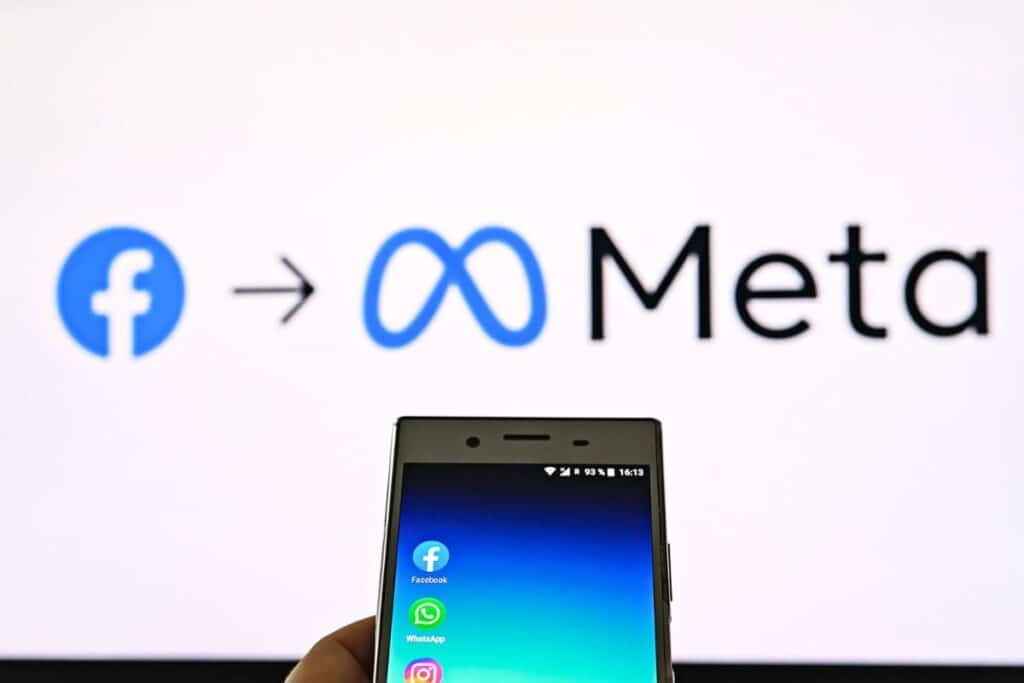Behind the polished tech demos and glossy product launches, a fierce battle is raging—one where billion-dollar bonuses, brainy engineers, and global dominance are all in play. And right now, Meta and OpenAI are at the heart of the storm.
Meta’s AI ambitions are finally going public
After months of regulatory wrangling, Meta AI has officially landed in Europe. It’s now woven into the fabric of WhatsApp, Messenger, Instagram, and Facebook, offering users the ability to ask questions or create content without ever leaving their apps.
But not everything has gone to plan. Thanks to GDPR restrictions, some features are still missing in action. And while the product has potential, it’s yet to become a daily habit for most users. Meta, however, seems unfazed—especially as it shifts focus to what it sees as its real advantage: human talent.
The talent war turns personal
According to reports from The Verge, things got heated behind closed doors at Meta HQ. During a company meeting, CTO Andrew Bosworth took direct aim at Sam Altman, OpenAI’s CEO. Altman had claimed that OpenAI was offering up to $100 million to lure AI specialists away from Meta—a figure Bosworth says is wildly exaggerated.
He clarified that such sums were only being floated for a handful of top-tier roles in OpenAI’s new “superintelligence” division. Most of the staff, he argued, were being wooed with far less dramatic numbers.
Poaching goes both ways
Bosworth didn’t stop there. He made it clear that Meta had already succeeded in attracting a number of researchers from OpenAI—and that more were on the way. He accused Altman of inflating the numbers as a smokescreen, distracting from the fact that Meta was quietly winning the recruitment battle.
He also reassured new hires that they’d made “the right decision,” drawing applause from the crowd. Meta’s vision, he said, isn’t about replacing humans at work—it’s about enriching everyday life. That means AI tools for entertainment, social interaction, and personal use, rather than just chasing productivity metrics.
Two visions, one battlefield
That stance puts Meta on a very different path to OpenAI, whose focus is squarely on professional tools and enterprise use cases. To be fair, it’s a strategy that’s paid off—studies from 2024 showed that ChatGPT was outperforming humans in certain creative tasks.
But while OpenAI courts business users, Meta is playing the long game with a more lifestyle-oriented approach. It’s a clash not just of products, but of philosophies. And in the ever-evolving world of artificial intelligence, both strategy and execution will matter.
Betting on independence
Internally, Meta remains confident. The company is pouring resources into developing its own AI models, distancing itself from the likes of Microsoft and Google. In this high-stakes race, it believes control over the full stack will be key to long-term success.
So, is Meta really “winning” the AI war? That remains to be seen. But one thing’s for sure—when Silicon Valley’s biggest players start calling each other out by name, you know the gloves are well and truly off.
- Meta accuses ChatGPT of cheating in the AI arms race - 11 July 2025
- Humans are starting to talk like AI—ChatGPT is reshaping language - 10 July 2025
- Is ChatGPT making us dumber? Experts raise serious concerns - 9 July 2025





